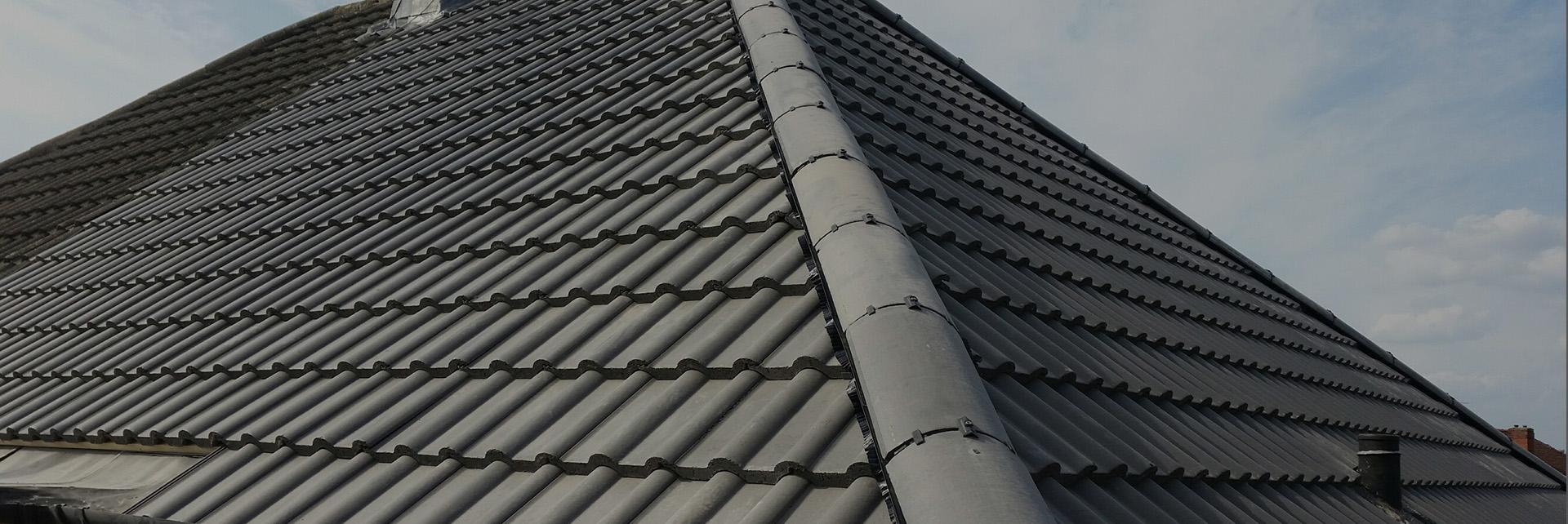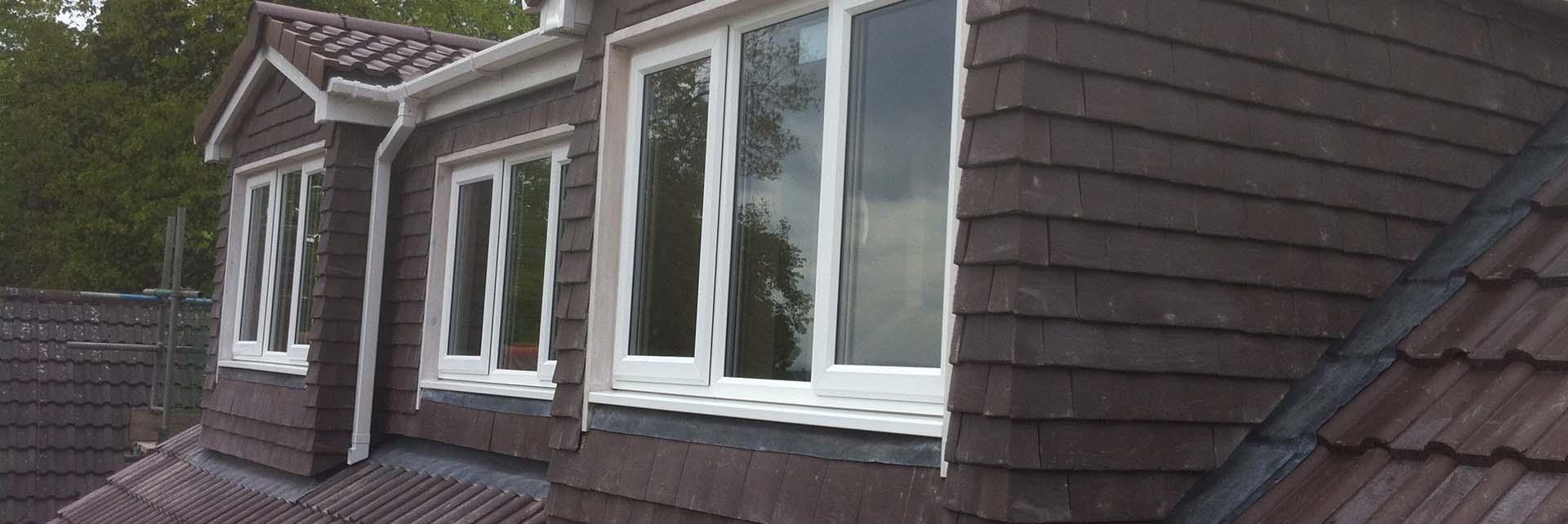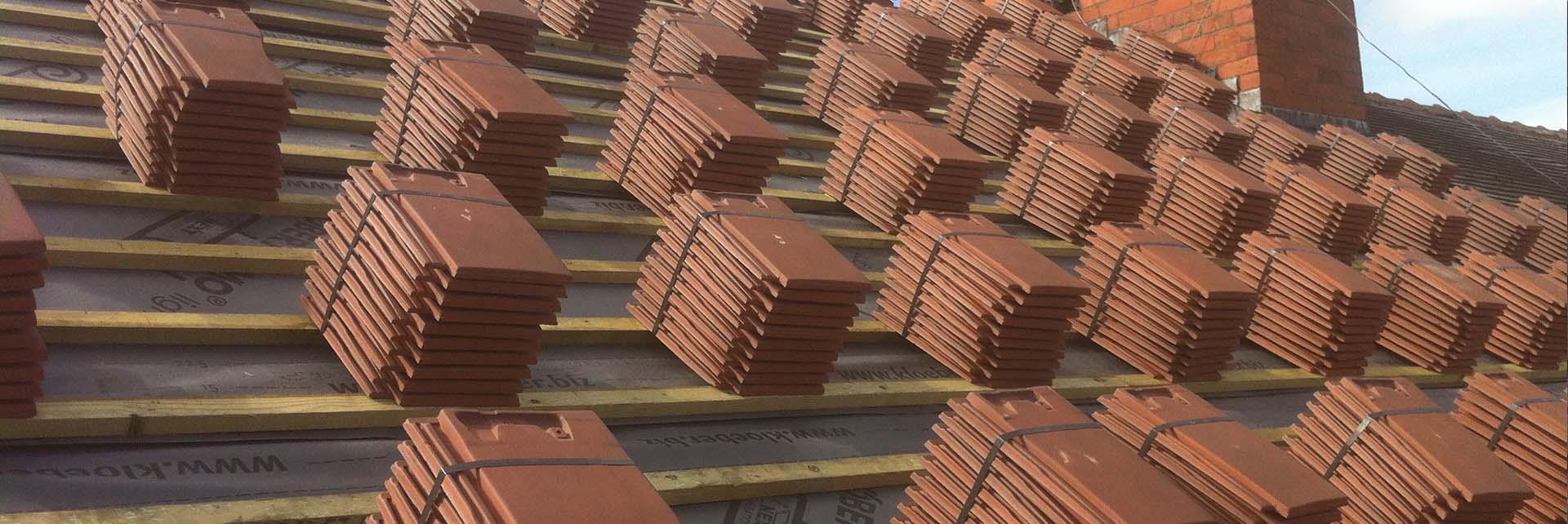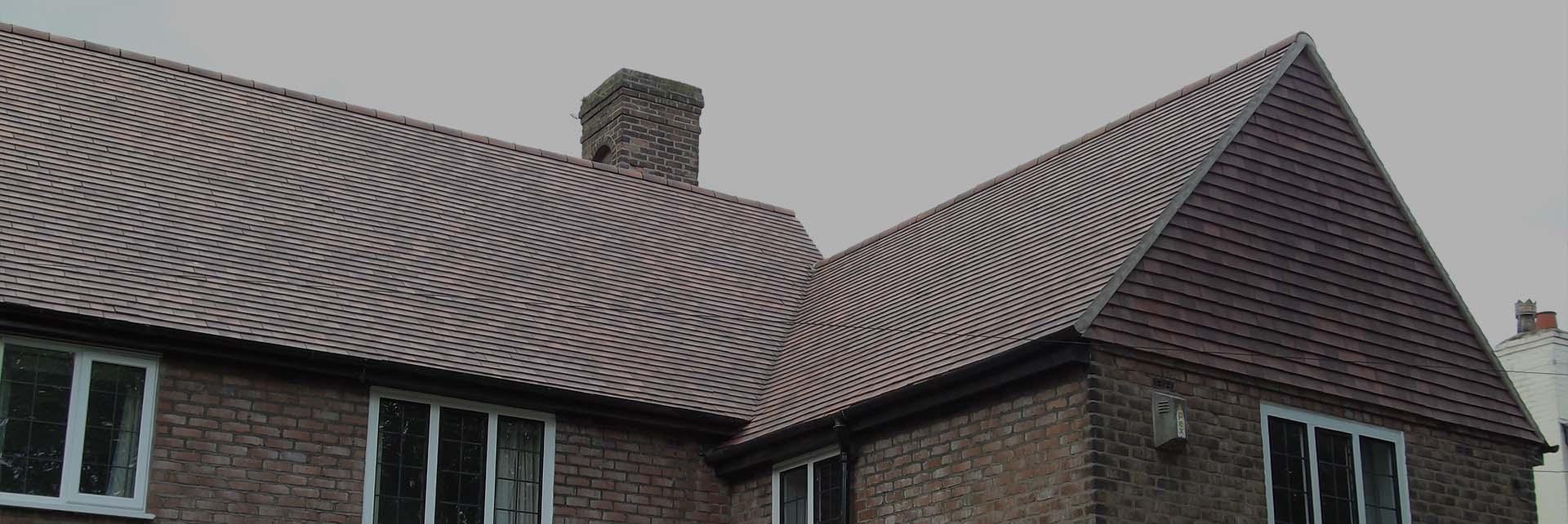
banner-image-1
Roof Specialists in
Warrington, Wilmslow & beyond

banner-image-2
Roof Specialists in
Warrington & Cheshire

banner-image-3
Roof Specialists in
Warrington & Cheshire





Choosing the right roof structure for your home is an integral part of a house design. So whether you decided to go for a flat or a pitched roof, here's what you need to know about each of these roof systems.
Flat roofs aren't 100% level, they're built with a slight pitch in order to successfully drain the rain water. If you're building a small commercial property, a house extension or a garage, then a flat roof system may be more suitable for your property. In this case, the flat roof is fixed to the ceiling joins and a waterproof layer is placed on top.
The advantages of flat roofs
The disadvantages of flat roofs
Pitched roofs are formed from minimum two angles pieces which meet in the middle and create a peak. This roof system is very popular for domestic properties but also for commercial and industrial roof management. The angle of the pitch varies in accordance with the size and structure of the building.
The advantages of pitched roofs
The disadvantages of pitched roofs
There are many factors to consider when choosing the type of roof for your home and knowing the differences and advantages will definitely be beneficial throughout the designing and construction phase of your roof. Contact the roof specialists at Warrington Roofing and we'll be happy to advise you and suggest the best option for your home! With over 40 years' trade experience, you can count on us to deliver a high standard of service from the beginning of the project and through to completion. Get in touch with us today on 01925 417 597, 07436 269 939 or send us an email at [email protected] and let us know how we can help.







